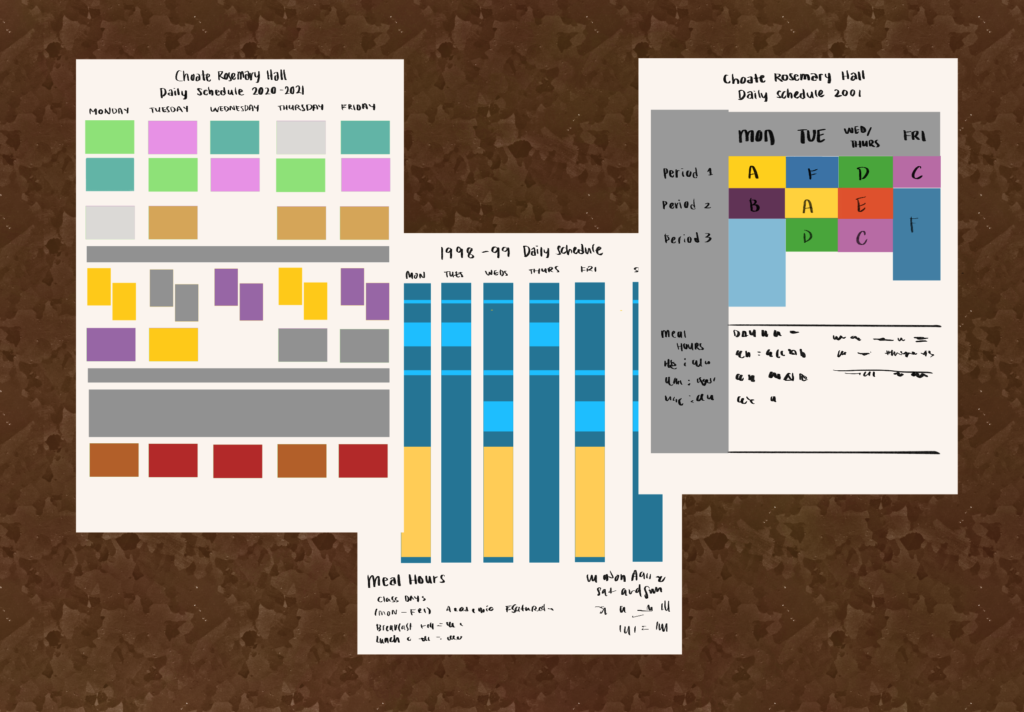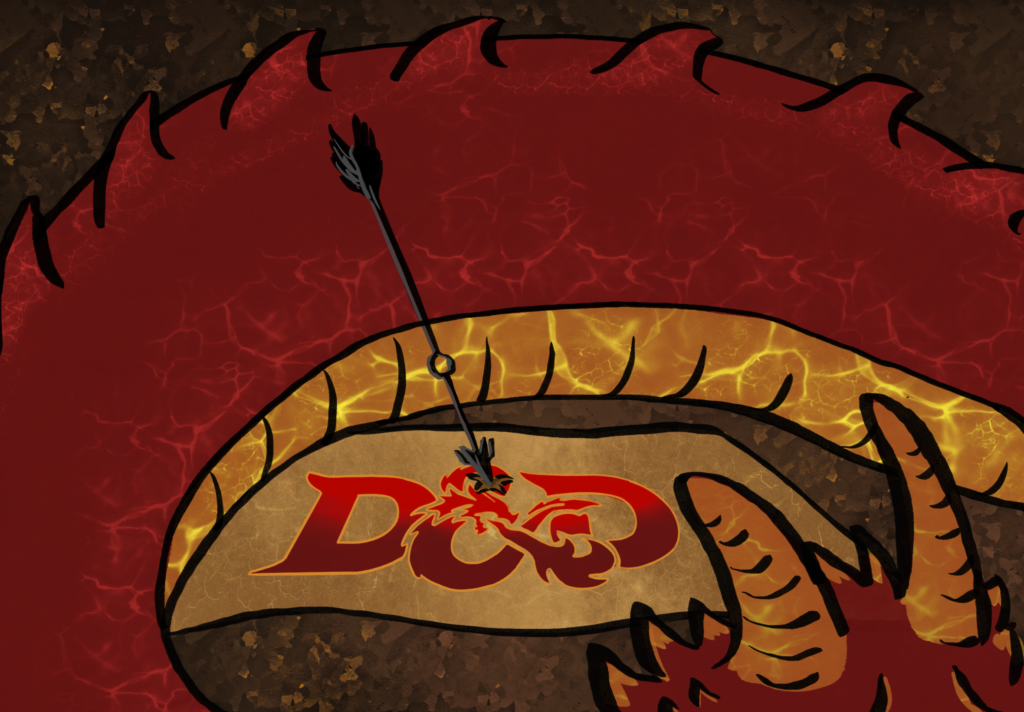What does the acronym “CPU” mean to you? For some, it could be just that: a jumble of unimportant letters. For the tech-savvy, it stands for “central processing unit” — essentially the heart of a computer. For a small but growing group on Choate campus, however, it means so much more. The Choate Programming Union (CPU) is a student organization dedicated to allowing its members to share, create, or simply revel in anything and everything related to computer science.
CPU was co-founded by Philip Xu ’16, Patrick Kage ’16, and Alex Rupp-Coppi ’16 during their freshman year, around January 2013. The creation of the club was part of an attempt to increase learning opportunities for students interested in computer science, as Choate had little to offer aspiring programmers at the time. Xu said, “We wanted to create an environment where all the coders could meet and talk about ideas and maybe even teach people who were interested.”
Initially, CPU did not have a particularly strong presence in the community, and the few members that did regularly attend meetings belonged to the same friend group. As a result, meetings were not particularly productive. According to member Nicholas Petrocelli ’16, “A lot of the time we just spent the period playing video games in a room in the old St. John building (rest in peace).”
After a while, CPU began to rise in popularity, and large numbers of students soon flocked to the meetings. The leaders decided to split the group into two sections: one for experienced programmers, who discussed and tackled complex projects, and one for beginners, whom Rupp-Coppi lectured on the basics of programming.
Each Friday evening, the members engaged in a variety of activities. From learning the fundamentals of HTML to working with the Blender Game Engine to Super Smash Bros. tournaments at each term’s end, CPU was equal parts informative and entertaining.
As time progressed, some problems arose. In particular, the leaders recognized a major issue with the way they were teaching the beginners’ group: “Each meeting was structured like a class, which meant that if someone missed something, they’d be missing a lot,” said current Co-President Alan Luo ’18. Consequently, the number of students attending meetings diminished.
This past winter term, both the leaders and the members of CPU came together to propose changes to the club’s structure. After much thought and discussion, CPU developed a pod system, with each of the four distinct pods focusing on a different field of programming: Game Development, App Development, Design, and Algorithms and Artificial Intelligence.
The pod system comes with significant advantages. For one, it is a direct response to the previous concern of not being able to retain an active membership: “Now, people can drop in any one day and get something out of it,” said Luo. Furthermore, instead of passively listening to lectures, students are welcome to actively collaborate with pod leaders through what Rupp-Coppi described as an “experiential learning process.” The diversity of pod options also allows for a variety of student interests to be met. Gamers, visual artists, robot enthusiasts: Anyone can find his or her niche.
Regardless of the changes CPU is undergoing, however, its central objective is static. “The original goal was to teach everyone to code. We strived for that then, and we still do today.” said Kage. In addition, central to CPU’s culture is an unfailing drive to inject fun into every moment. For example, when asked about the new mission of CPU, Co-President Jonah Berman ’18 quipped, “Uh, I forget. Eat pizza?”
CPU has also maintained its friendly, open atmosphere. Xu said, “We want newcomers to feel welcome.” Anyone interested in computer science can find room for growth in CPU, regardless of their experience level. Moreover, even when conflicts do occur, a spirit of camaraderie prevails. Kage explained, “I almost threw a shoe at Rupp-Coppi once and then inducted him into the leadership right afterward.”
As the three co-founders prepare to graduate, they feel proud to leave a legacy at Choate through CPU. Since coming to a school with limited computer science opportunities, Xu, Kage, and Rupp-Coppi have opened many doors for students to collaborate on projects, learn about topics they find interesting, and, most importantly, have fun. Rupp-Coppi said, “I am excited for where CPU is headed. This club has already grown a lot in the last three years.” It seems on track to continue to do so for the foreseeable future.





